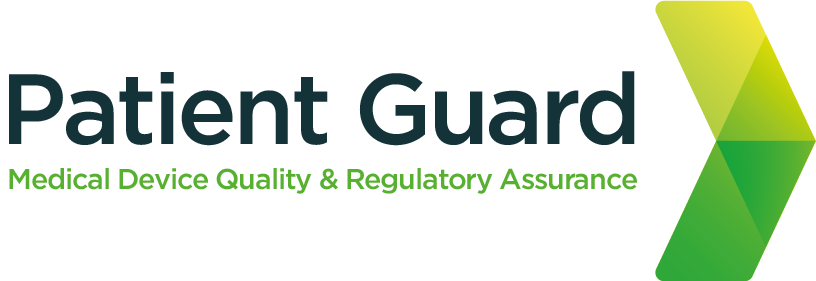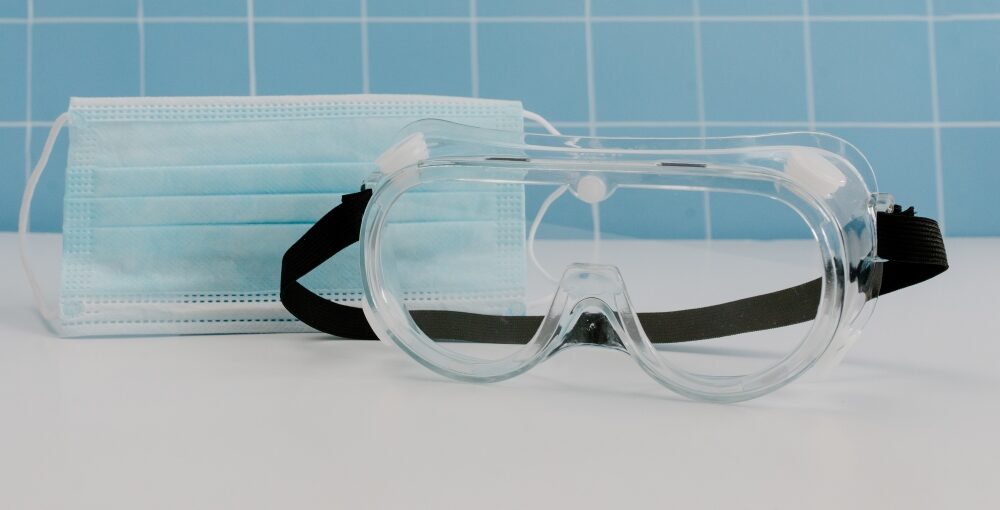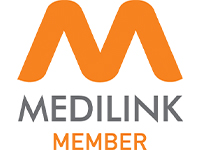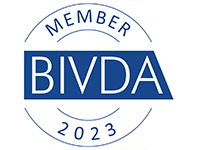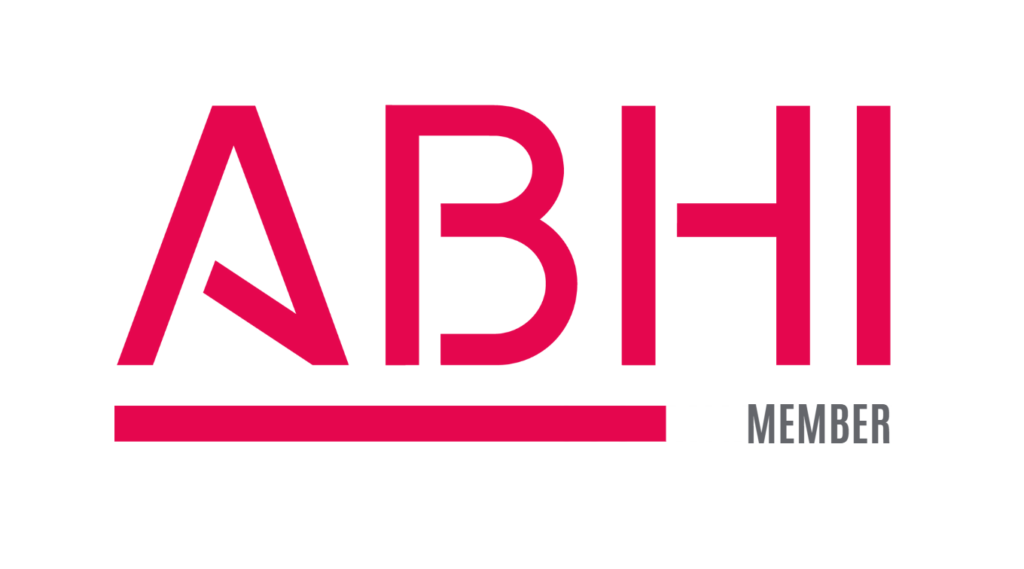Ensuring the safety of medical devices before they enter the market is very important. There are various regulations that must be followed based on the device classification. Regulating medical devices in the UK is essential, we can help you with how to complete the certification.
In the UK, the Medicines and Healthcare Regulations Agency (MHRA) are responsible for the regulation of medical devices.
The MHRA deals with regulatory issues and provides guidance for a range of medicines and healthcare products. If incidents occur regarding a medical device, the manufacturer should submit vigilance reports to the MHRA.
There are different rules and regulations for those manufacturers operating in Northern Ireland markets.
Manufacturing devices in the UK
When manufacturing medical devices for the UK market, you must be registered with the MHRA. They can help to ensure that your device meets safety guidelines and issue you with advice should you need it.
The beginning of 2021 saw some new requirements and guidance being introduced regarding the safety marking of medical devices.
Previously, in the UK, a CE-marked product or medical device met the required safety guidelines. However, manufacturers selling medical devices in the UK market must now obtain a UKCA (UK Conformity Assessed) marking. This is also a requirement for custom-made devices.
Medical devices being sold in the UK that are registered with a valid CE marking are acceptable until 30th June 2023. After this date, to be eligible for the UK market, they must obtain the UKCA marking. We are currently in a transition period whereby new regulatory requirements are in progress.
A different regulatory framework applies for active implantable medical devices, medical devices and in vitro diagnostic medical devices under the Medical Devices Regulation 2002.
Those who develop non-sterile medical devices and general IVDs are able to self-certify using the UKCA guidance document.
Medical device guidance
Depending on the imposed risk associated with your device, it is assigned to one of four classes to aid the process of medical device regulation.
These classes are:
- I: I devices are usually described as low risk
- IIa: These devices present a medium risk
- IIb: These devices present a medium risk
- III: These devices present a high risk
Help with UK Approved Bodies
For some medical devices, a UK Approved Body is required to ensure the product meets appropriate standards. The MHRA has the ability to assign a UK Approved Body to your medical device.
Medical device manufacturers can use the UKMACB register to gain access to conduct conformity assessments.
A UK Approved Body is responsible for:
- Quality assurance
- Assessing the design
- Assessing the medical device type
- Testing and verifying the medical device
- Quality assurance of production line and product quality
- Visiting the manufacturers to complete an audit to assess if the procedures meet UK requirements
When completing the audit stage, the UK Approved Body will arrive unannounced. This provides a more accurate view of the procedures put in place by manufacturers. These stages combined will ensure that the product is fulfilling its intended purpose.
UK Approved Bodies can regulate a number of device types including medical devices, active implantable medical devices and in vitro medical devices. These are regulated under the UK MDR 2002. These medical devices must now be regulated by the UKCA marking rather than a CE marking.
UKCA marking: Technical files
To sell any medical device on the UK market, a technical file must be completed. This technical documentation must be clear, well organised and available promptly upon request.
The technical file must include:
- A description of the medical device and its specifications
- Conformity assessment
- Correct labelling
- Device instructions
- Information regarding manufacturing and design
- Safety and performance requirements
- Risk management
- Verification and validation
- Post-market surveillance
At Patient Guard, our experienced consultants offer a UK Technical File service.
CE marking on EU medical devices
CE marking will soon only be appropriate for medical devices sold in the European Union.
If you currently manufacture a CE-marked product for the UK market, you must ensure that the medical device complies with EU legislation. After the 30th June 2023, you will be required to obtain a UKCA mark to sell your medical device in the UK.
EU-based Notified Bodies
EU Notified Bodies are responsible for ensuring that medical devices sold on the EU market have a valid CE mark. This ensures that they are safe for use and achieve their intended purpose.
While the EU Notified Body provides the CE mark, as a manufacturer, it is your job to obtain it. CE marking is required for a number of products.
How to display product safety on medical devices
The relevant marking, which is now UKCA in the UK must be displayed on the labelling of your medical device. You may also be required to print the number of the UK Approved Body or UK Responsible Person on the label. A UK responsible person acts on behalf of you to meet the medical devices legislation.
When displaying the UKCA mark, you must ensure that it is done so correctly. There are rules in place regarding the proportions, legibility and size of the marking. The mark should be at least 5 mm in height.
Post-market surveillance for medical devices UK
Post-market surveillance is a crucial part of medical device safety. It allows you to monitor the product and make any necessary adjustments to improve the medical device.
Your post-market surveillance must be presented within your technical file. This should be updated regularly. Market surveillance is required until the medical devices are removed from the market.
This can be used to report when certain incidents occur which may highlight that the medical device needs appropriate safety action.
How to obtain a UKCA marking
When it comes to regulating medical devices in the UK, we can assist you with our professional UK Responsible Person service. Whether you manufacture medical devices in the UK or you just plan on selling to the UK market, we can help.
We can ensure that your medical device meets all of the essential safety frameworks to be sold in the UK market. Our service includes dealing directly with the MHRA and providing detailed reports regarding potential medical incidents and complaints.
Each service we offer, we complete clearly, concisely and precisely. If you need further information and support with regulating medical devices in the UK, a UKCA mark or any other services mentioned in this article, don’t hesitate to contact us.
